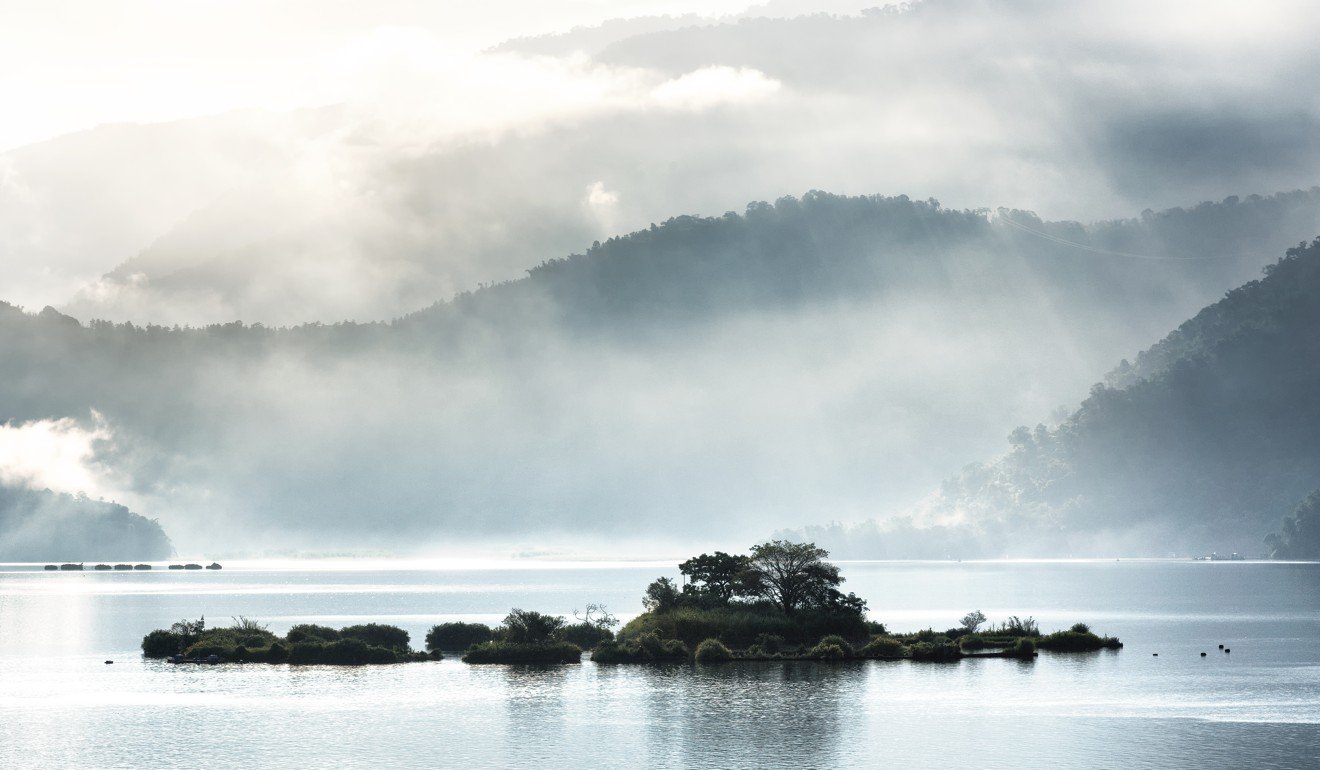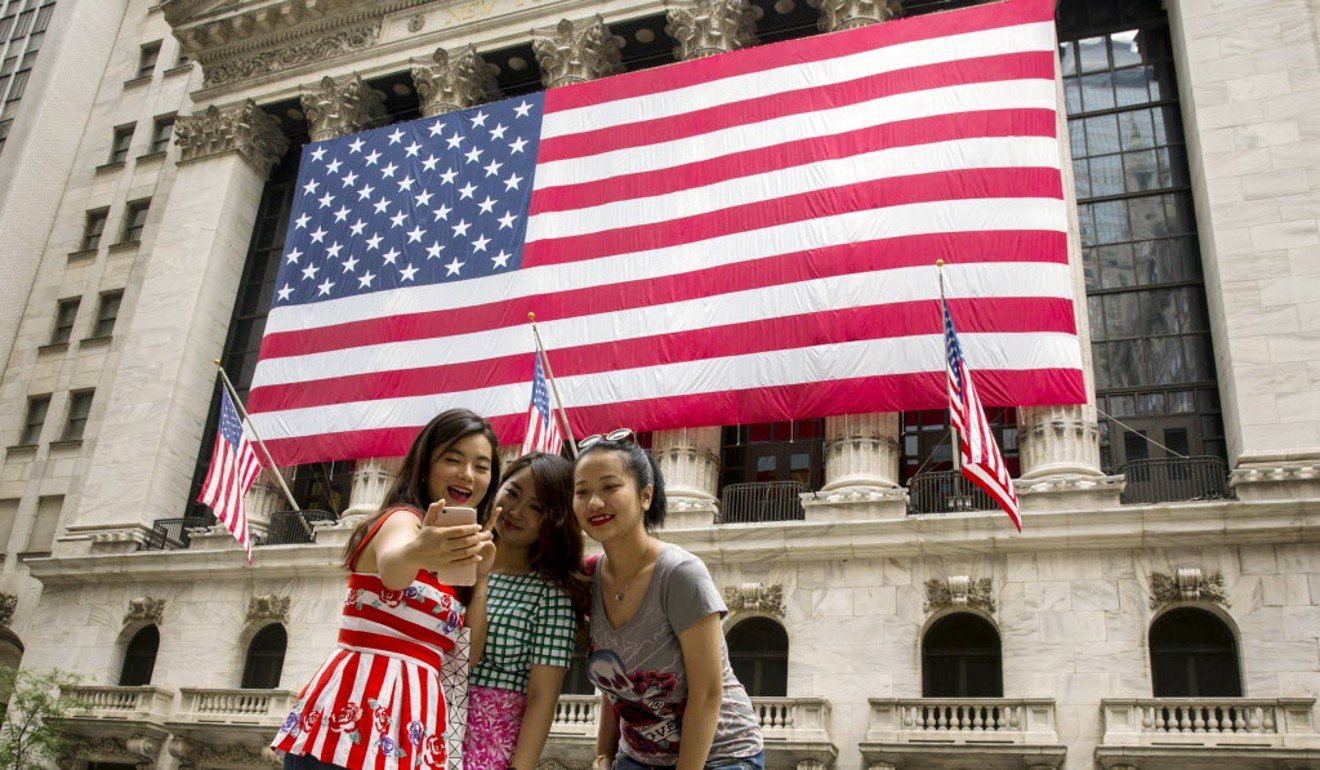Overtourism: whose fault is it? From media and airlines to travellers, everyone is a culprit
Over the past 12 months, the media and travel industry have awoken to the strains that too many tourists can place upon a single destination. Why has it taken so long?

The term “overtourism” is a new one. According to Google Trends, it was first searched for in January 2006, and then again in April 2012 – a full six years later. However, it wasn’t until 2017 that its use spiked and the concept surrounding it crystallised, made definite by a newly “woke” travel industry suddenly concerned about the negative impacts of its activities.
The Collins online dictionary – currently the only major English-language dictionary to include the expression – defines overtourism as, “The phenomenon of a popular destination or sight becoming overrun with tourists in an unsustainable way.” We have seen it occur across Asia for much longer than the word has been commonplace, and the reality of it looms large as tourism continues to grow on a global scale. But whose fault is it?
Having acknowledged the issue earlier than most, British travel company Responsible Travel has come up with a list of offenders that includes the expected as well as the unexpected.
Those belonging to the former camp include: airlines, which have transformed countless holiday hotspots into honeypots by offering affordable flights without a thought to the environmental costs involved; cruise lines, which have been accused of not only polluting the atmosphere but also giving little – financially or otherwise – to the ports at which they call; tourist boards, which for too long have been concerned with volume over value; and, of course, travellers themselves.
Among the more unusual suspects, however, is the United Nations World Tourism Organisation, nominated for having stated that, “Tourism is not the enemy. Growth is not the enemy, numbers are not the enemy. It’s how we manage growth that matters,” in response to anti-tourism protests in Barcelona, Spain, last year. Arguably, in the case of overtourism, both tourism and growth are the enemy, something that a leading global institution would do well to admit.
The media is also singled out, “mainly because they are resistant to publishing negative stories on their travel pages”, says Responsible Tourism’s report, adding that best beach listicles or articles declaring the top 10 Instagram spots are hackneyed, repetitive and guilty of funnelling travellers to the same tiring destinations. Travel publishers, editors and writers could also be pulled up for not acknowledging the issue of overtourism until it became impossible to ignore.
Images published are not always realistic – consider how many Maya Bay photos showed an unspoilt paradise versus the overflowing actuality before the beach’s closure was announced – and rarely will an article tell you when to avoid somewhere. (Not so at Post Magazine, however, as we pride ourselves on exploring the path less travelled in our travel pages).
A final word to Justin Francis, founder and CEO of Responsible Travel, who said in an email interview that, “We need to see more stories from behind the places – the real issues that local people and destinations face […] In my opinion, it’s the media outlets and travel writers who investigate off-the-beaten-track destinations and show an interest in responsible tourism-related issues in the places they visit who have the real stories to tell.”
Mainland tourists no longer enchanted by Taiwan’s Sun Moon Lake

Sun Moon Lake is one of Taiwan’s top destinations for mainland Chinese tourists, renowned for its beauty and the resemblance it bears to a traditional ink painting. However, the Sun Moon Lake isn’t quite the attraction it once was, according to a July 3 article on Chinese news website Xinhuanet.com.
Quoting Taiwanese newspaper China Times, the report states that hotel bookings in Nantou county, where the lake is situated, are down by 20 per cent, and visitor numbers for the first half of this year have fallen by 300,000 when compared with the same period last year. Local businesses are suffering – the Grandma’s Mushroom Tea Egg store used to be able to shift 3,000 eggs a day during peak season, now it is lucky to sell 2,000.
On July 4, Taiwan’s Tourism Bureau announced that inbound tourism revenue fell almost 8 per cent in 2017, despite the island having welcomed a record 10.7 million international arrivals. The reason? Big-spending tourists from mainland China and Japan were not as plentiful as they once were. Unfortunately for the businesses that rely on Sun Moon Lake, things don’t seem to be showing much sign of improvement.
In March, digital publication Jing Travel wrote that China’s leading online travel agencies had stopped selling group tours to Taiwan beyond June, and the Taipei Times newspaper reported that mainland tour groups are banned from travelling to Taiwan from October to December, possibly to avoid the local elections, which will be held on November 24. Although there has been no official statement from Beijing, if mainland tourists continue to stay away, Taiwan might have to look for a natural feature that appeals to a different nationality.
Chinese tourists told to beware of “shootings, robbery, theft” when visiting the US

In a move that may or may not have anything to do with the current tensions and trade war between the United States and China, the Chinese embassy in Washington issued a notice on June 30 reminding nationals to remain vigilant to the various perils present in the Land of the Free.
It encourages parents taking their children to the US to be wise to expensive medical costs, unsatisfactory law and order, and natural disasters. “Shootings, robbery, theft happen frequently,” said the statement. It also highlights the right of US customs officials to inspect all arrivals into the country, including their electrical devices and mobile phones, without a search warrant, before going on to warn against “rampant” global telecommunications fraud again Chinese citizens.
The US embassy has no such reciprocal warnings, although it does encourage dual US-Chinese nationals to, “Exercise increased caution in China due to the arbitrary enforcement of local laws and special restrictions.”